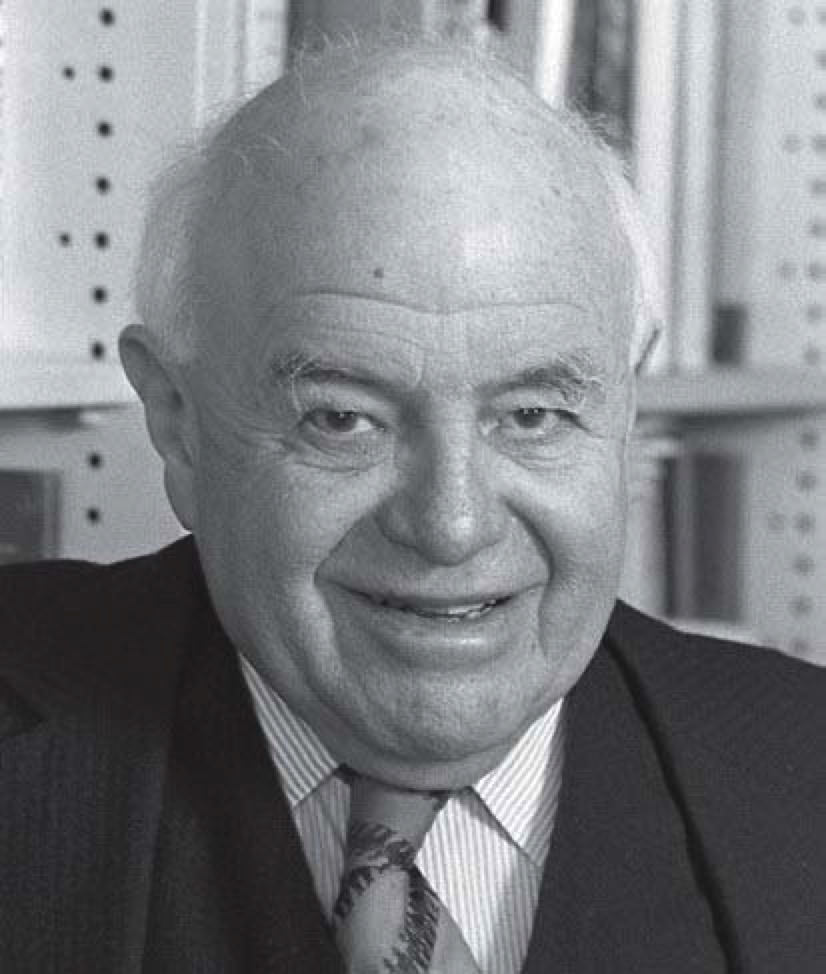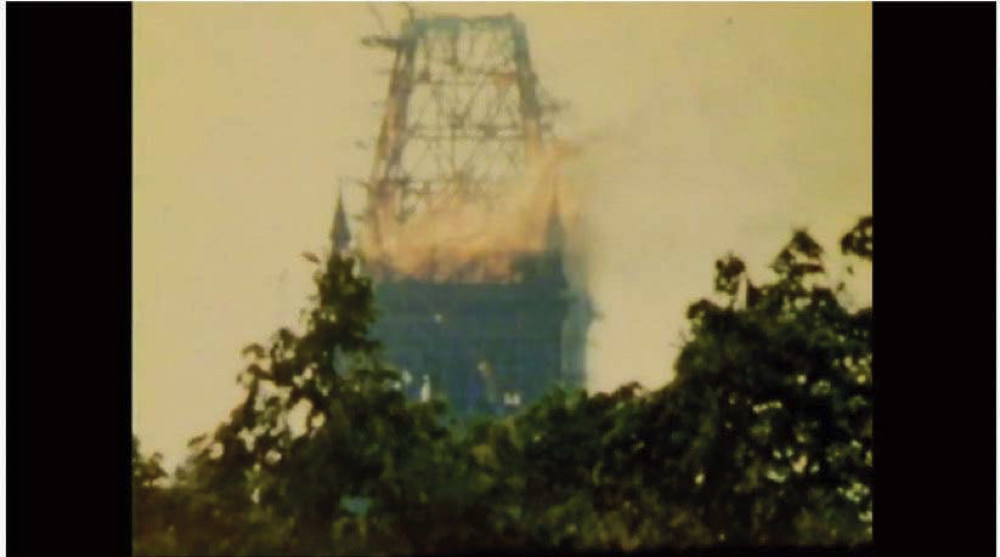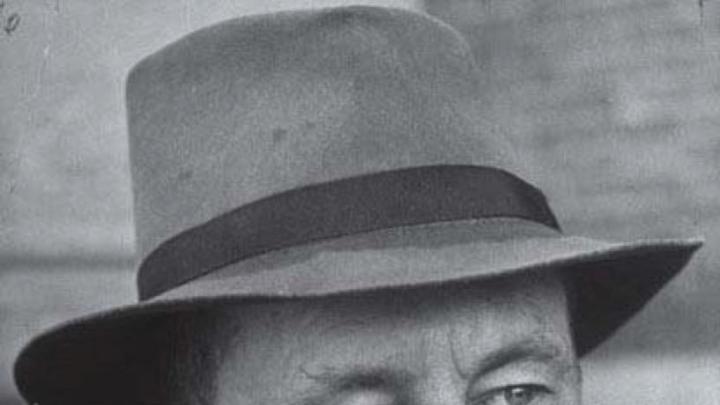Boston brahmin. The towering Adams University Professor emeritus Bernard Bailyn, Ph.D. ’53, LL.D. ’99, concludes his new collection of essays (see Open Book) with an appendix containing his Memorial Minutes for two fellow towering Harvard historians. Trumbull professor of American history emeritus Samuel Eliot Morison (d. 1976), who lived for most of his life in the same Brimmer Street house where he was born (inherited from his grandfather), could not have been more thoroughly marinated in his surroundings—nor in the University whose tercentenary history he crafted so enduringly. His Boston heritage molded his reserved character, too, as Bailyn notes:
Professional colleagues…found him an imposing but stiff, unbending, and rather taciturn personage. The story is told that once Morison attended the national historical convention, and to everyone’s surprise, he appeared on the hotel mezzanine crowded with wheeling-dealing, gossiping academics. Into the melee he strode, tall, erect as always, his hands cocked in his jacket pockets, peering myopically ahead into the middle distance. The crowd fell silent and parted before him, and then, as he walked on, it closed behind him at a respectful distance. And so…he paced back and forth through the crowd, passing immaculate on dry land. Finally an old friend…came on the scene, went up to Morison, and said, ‘Sam, what are you doing?’ ‘Doing?’ said Morison with surprise. ‘Doing! What do you think I’m doing? Mixing!’”
This was indeed “a magisterial figure from a distant world”—who could without discomfort lecture “in naval uniform or in riding breeches.” Bailyn continues: “The latter was less surprising to those who recalled that when he started his teaching career…he used to gallop over to Massachusetts Hall from Brimmer Street and pack up his blue books in saddlebags before continuing his ride.”

Oscar Handlin
File Photo/HPAC
Brooklyn Boy. Loeb University Professor emeritus Oscar Handlin (d. 2011), by contrast, grew up “the son of Russian Jewish immigrants who ran a small grocery store,” and unsurprisingly crafted different kinds of studies of the past, including The Uprooted, the textured, landmark book that began as “a history of the immigrants in America” until he “discovered that the immigrants were American history.”
As resonant today was his multivolume history of liberty in the United States, begun with Mary Handlin (they wrote The Dimensions of Liberty) and then, after her death, brought to fruition with his second wife, Lilian Bombach. Liberty in America, Bailyn summarizes, “was not an academic mono graph series written in crabbed prose but a series of extended discussions written clearly, at times colloquially, even casually, to make the point for a broad audience that liberty had never been a secure state in America’s history but an unsteady, erratic progress as its citizens struggled, at times bitterly, against obstacles to live freely without the control of external restraints.”

Still from the video
Aflame. Surpassing pictorial evidence of the spectacular September 6, 1956, fire that destroyed Memorial Hall’s clock tower (The College Pump, September-October 2017), a 64-year-old color video of the blaze has surfaced, acquired by Raymond Traietti, assistant director of Memorial Hall, and posted to YouTube by McKay professor of the practice of computer science David Malan. Feel the burn, twenty-first-century style, at https://www.youtube.com/watch?v=ARe_NzhAal8.
Fire—and Floods
The faded but vivid film clip shows flames consuming the tower of Memorial Hall one September afternoon in 1956. It came to Harvard, reports Ray Traietti, now assistant director of the Memorial Hall/Lowell Hall complex,
right after the renovation of Mem Hall in 1995. An old gentleman stopped by to talk. His name was Lieutenant Flood and he was a retired Cambridge fireman. As he was talking, he mentioned the fire in the tower in 1956 and that he was one of the folks fighting it.
He talked about the really strong winds that day and how quickly it all happened. Finally he said the fire happened right after he got married, which struck me as kind of an odd aside, but then he added that he and his wife had received a Super 8 camera for a wedding gift, and he said he was pretty sure his wife took some footage of the fire. At that point I said we would do anything to get a copy of the film. The next day he stopped by with it. We sent it to Widener and they made copies….We got the original back to him.
Hoping to further identify Lieutenant Flood and his wife, this magazine contacted retired Cambridge fire captain Gerald Persson, the city’s longtime volunteer “fire historian.” Persson generously reviewed the department’s personnel records for that period—to no avail; he also reported that no units from neighboring communities were called in to help fight the flames. The metal canister containing the department’s own copy of the film had no further identifying information, either. A small mystery—but in pursuit of giving credit where it’s due, anyone who may have additional information about the Floods is asked to contact the magazine at yourturn@harvard.edu or Letters, Harvard Magazine, 7 Ware Street, Cambridge 02138.









